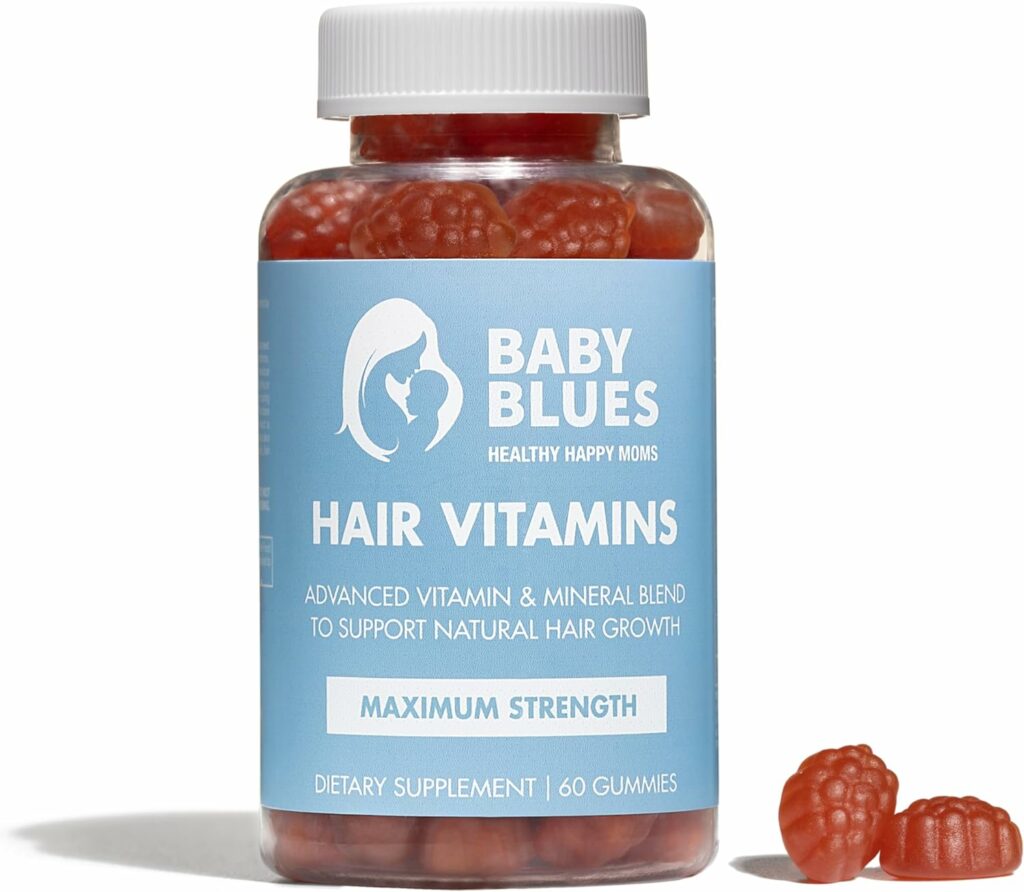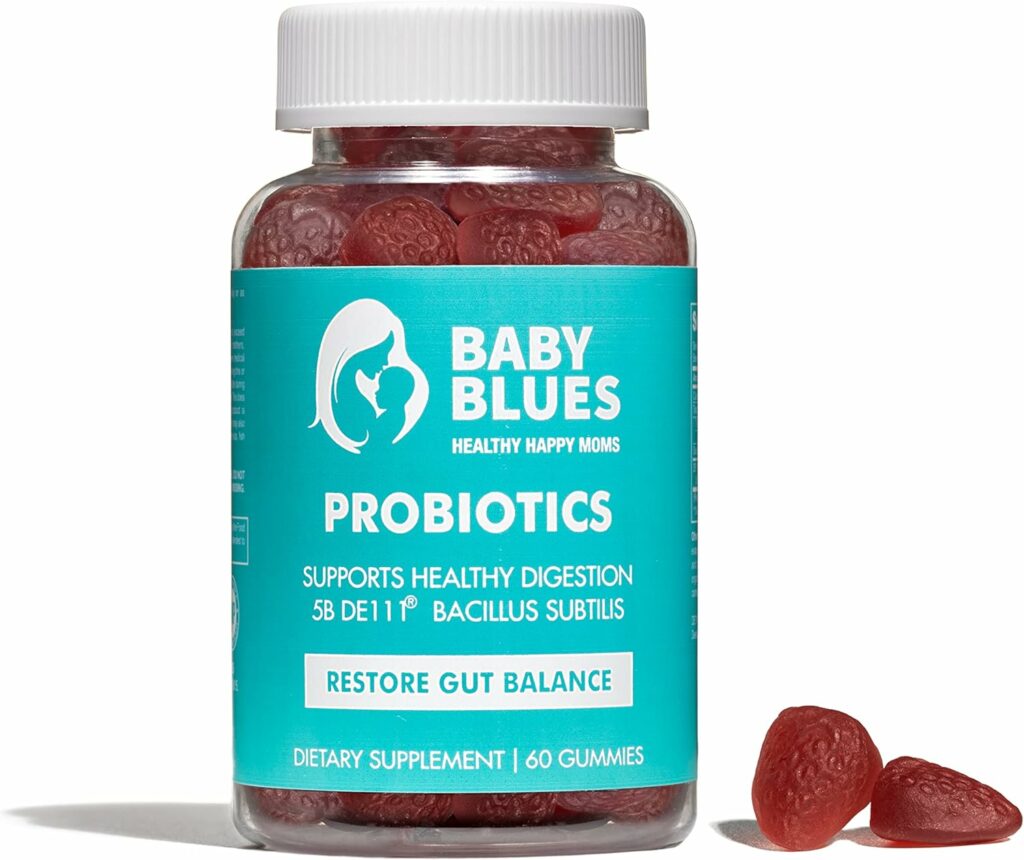Understanding Hair Shedding After Childbirth
Experiencing hair loss after having a baby is a widespread phenomenon, affecting a significant proportion of new mothers. Known medically as postpartum hair loss (PPHL), this condition typically manifests as heightened hair shedding, potentially leading to noticeable thinning or balding. While its precise origins are not fully understood, hormonal fluctuations during and after pregnancy are believed to play a pivotal role.
Factors such as the stress associated with childbirth altered dietary habits, and disrupted sleep patterns can exacerbate this condition. Additionally, iron deficiency, a common occurrence post-pregnancy, is often implicated in postpartum hair loss.
Despite its prevalence, PPHL isn’t a condition you have to passively endure. There are practical steps to manage and mitigate its impact effectively.
Effective Methods to Address Postpartum Hair Loss
- Specialized Postpartum Vitamins
One of the most effective measures against postpartum hair loss is the use of specialized vitamins aimed at fostering hair growth. Supplements like Baby Blues Postpartum Hair Vitamins, crafted for post-delivery women, can significantly aid hair rejuvenation. Ingredients such as biotin, folic acid, iron, and zinc have been clinically observed to curtail hair loss and encourage hair regrowth.
Scientific research, including studies in respected journals such as the Journal of Obstetrics and Gynecology and the International Journal of Trichology, has underscored the efficacy of these supplements in managing PPHL.


- Incorporate Regular Physical Activity
Physical exercise isn’t just beneficial for overall health; it also plays a crucial role in reducing hair loss after childbirth. Exercise-induced endorphin release can alleviate stress, one of the contributing factors to PPHL. Improved blood circulation from regular physical activity is another boon, nourishing your scalp and promoting healthier hair growth.
Studies have shown that women who maintain an exercise routine during and after pregnancy experience less severe hair loss. Starting with mild activities like short walks with your baby and gradually increasing intensity, as advised by your healthcare provider, can be immensely helpful.
- Nutritionally Rich Diet and Green Smoothies
A well-balanced diet, rich in fruits, vegetables, lean proteins, and whole grains, is essential for combating postpartum hair loss. Additionally, incorporating a daily probiotic can further enhance your dietary approach.
Green smoothies are an excellent, convenient way to consume vital nutrients that support hair growth. Here’s a simple recipe for new mothers:
- 1 cup unsweetened almond milk (or any plant-based milk)
- ½ Avocado (pre-sliced and frozen)
- ½ cup mixed berries (strawberries, blueberries, raspberries)
- 1 handful of spinach or kale
- 1-2 Scoops of Baby Booster Salted Caramel Protein (or other flavors like Strawberry Cream, Chocolate Mocha, and Tahitian Vanilla)
4. Gentle Hair Care Routine
Adopting a gentle hair care routine can significantly help in managing postpartum hair loss. This includes being cautious about the hair care products you use and the way you treat your hair. Opt for mild, sulfate-free shampoos and conditioners that are kinder to your scalp and hair. Avoid tight hairstyles that can pull on the hair and exacerbate hair loss, such as tight ponytails, braids, or buns. Instead, try looser styles that minimize tension on your hair follicles.
Be gentle when brushing or combing, especially when your hair is wet, as it’s more susceptible to damage. Using a wide-tooth comb can help reduce breakage. Additionally, avoid excessive heat styling, as the high temperatures can weaken your hair. If possible, let your hair air-dry and style naturally. If you need to use a hairdryer, use the coolest setting. These small changes in your hair care routine can make a big difference in reducing hair fall and promoting healthier hair growth during the postpartum period.
Always consult with your doctor before starting any supplement regimen, especially postpartum.
Wrapping Up: Navigating Postpartum Hair Loss
Though common, postpartum hair loss is a condition that can be effectively managed. By embracing specialized postpartum vitamins, engaging in regular exercise, and maintaining a nutrient-rich diet complemented by green smoothies, you can significantly mitigate hair shedding and promote healthier hair growth during this new chapter of your life.
